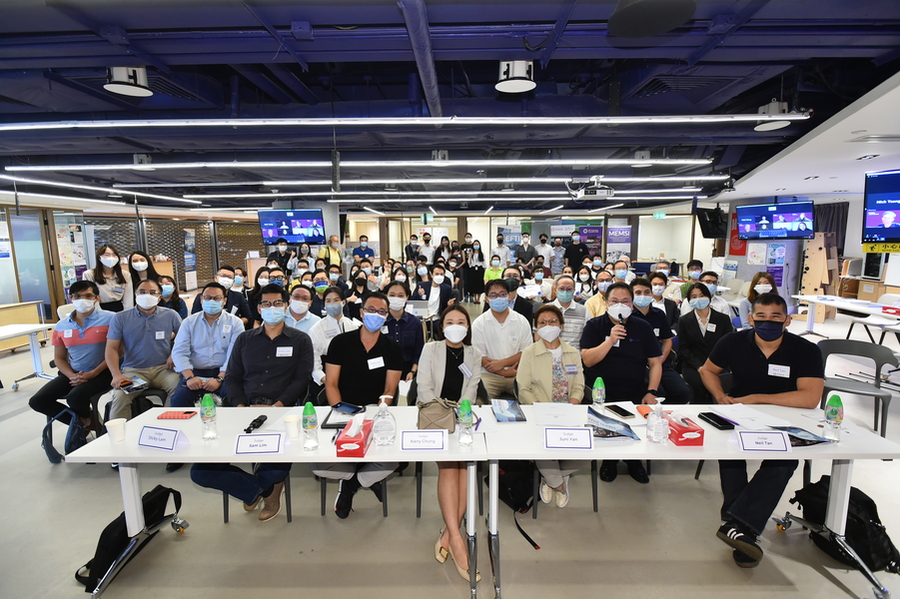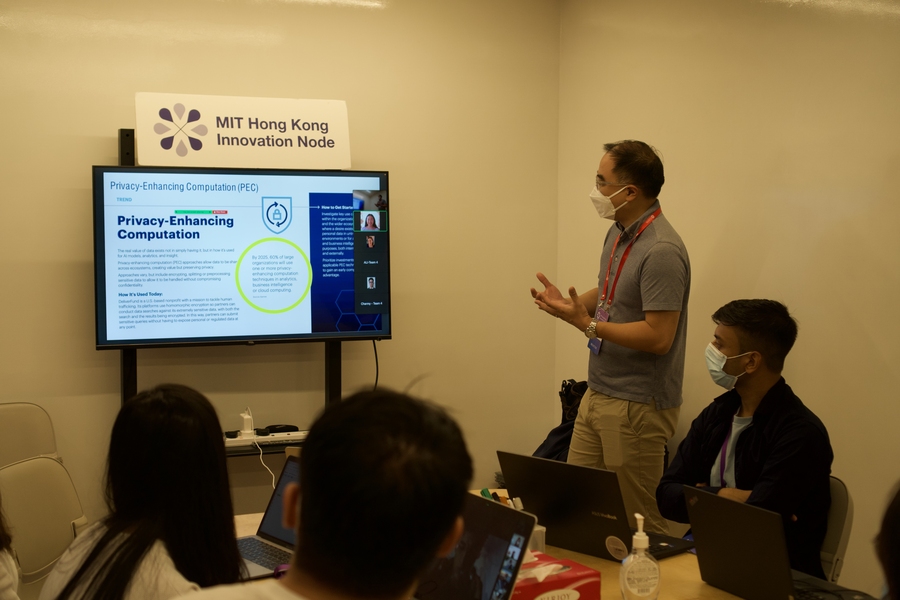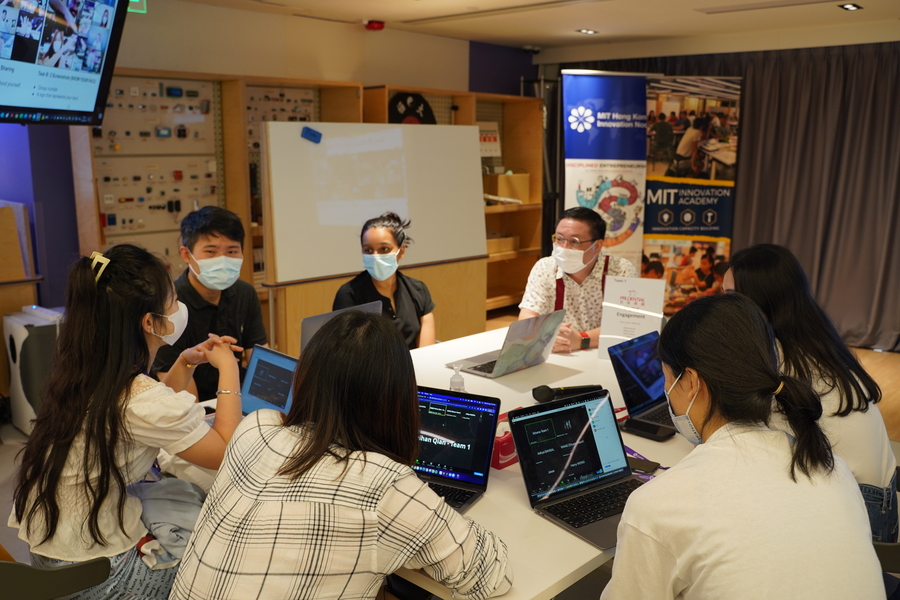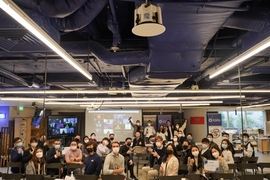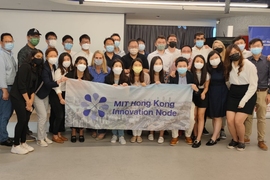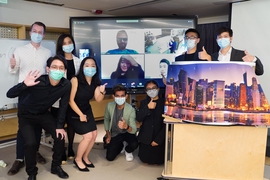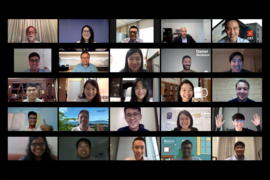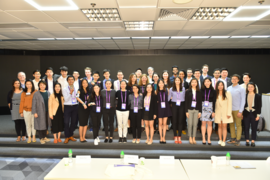MIT Hong Kong Innovation Node held its annual financial technology (fintech) entrepreneurship boot camp this summer, connecting university students with corporate partners to tackle real-world business challenges.
Building on the belief that innovative, creative solutions deliver more value and a better experience, the MIT Entrepreneurship and Fintech Integrator (MEFTI) program featured unique problem statements proposed by Prudential Hong Kong and Openhive.
“These challenges bring ideas and talent together to address opportunities in the areas of digital engagement, the metaverse, and leveraging alternative data and artificial intelligence,” says Charles Sodini, the LeBel Professor of Electrical Engineering at MIT and faculty director at the node.
Embodying a blended reality
Business models and the rules of engagement are evolving with changing consumer behaviors and emerging new patterns, opening a floodgate for companies to seize opportunities to innovate in the digital space.
For Nesu Nhamo, a junior at MIT studying computer science and engineering, this year’s challenges were “a great catalyst for thinking outside of the box and leveraging new technologies,” he says. “Prudential, combined with the metaverse prompt, broadened my understanding of what a fintech app could be.”
His team, consisting of students from MIT and from Hong Kong, designed an incentive-based social running app to motivate millennials to maintain a healthy lifestyle. Differentiating from other apps on the market, the app combines fitness, partnership rewards, and social connectivity wherever runners are. The idea came when user interviews revealed the challenge of exercising and doing physical activities with friends encumbered by travel limitations.
Tackling market problems requires testing early and failing fast. For Nhamo, who aspires to become an entrepreneur and angel investor, the disciplined entrepreneurship framework applied in MEFTI is “a consistent way to identify problems and rapidly test ideas,” he says.
A core feature of the boot camp is to figure out what customer problems exist and what problem to solve. Staying faithful to the framework, Nhamo added that his team “overcame this challenge by making assumptions and testing them through primary market research.” This process helped distill the problem and isolate an emerging opportunity to integrate a mixed-reality experience into their proposal.
Achieving synergy between industry and academia
There are tremendous benefits to giving students access to companies as a sandbox for creative problem-solving. The exposure facilitates action learning by helping students apply theory into a practical context. But the learning gains are mutual.
“We actually learned a lot from everybody else around us and the students,” says Sam Lim MBA ’04, chief operations and transformation officer at Prudential Hong Kong. A circular style of engagement “in the spirit of collaboration and building community” enabled mentors to draw on the millennial digital intelligence as well as offer industry insights.
Jasmine Zeng ’22, who studied electrical engineering and computer science at MIT, enjoyed the opportunity to “work closely with industry partners — learning about their concerns, core business logic, company mission, and future vision. It’s rewarding to see how our final project met their expectations in a way that they think is profitable and innovative.”
The 2022 showcase marked the fifth year of MEFTI, featuring an ensemble of industry experts and business leaders who provided feedback on these student projects:
- Z-Lion, a health and wealth super-app plugin for millennials to boost awareness of financial knowledge and engagement of financial products;
- Metasurance, an insurance product offering digital asset owners protection from physical damage to NFT wallets and cybersecurity threats;
- Metabolic, an incentive-based social running app to motivate millennials to maintain a healthy lifestyle featuring a combination of fitness, rewards, and social connectivity wherever runners are;
- Nexus, an online platform matching potential borrowers to bank lenders using predictive modeling techniques drawing from alternative and traditional data; and
- Eco-Cash, a lending platform providing micro loans to millennials to meet their financial goals, while prioritizing their spending on environmental, social, and governance (ESG)-focused products.
Lim, who was among the judges, hopes that students who are interested in entrepreneurship pursue their passion. “With that passion, you’ll find that you can really succeed in anything you do,” he says.
